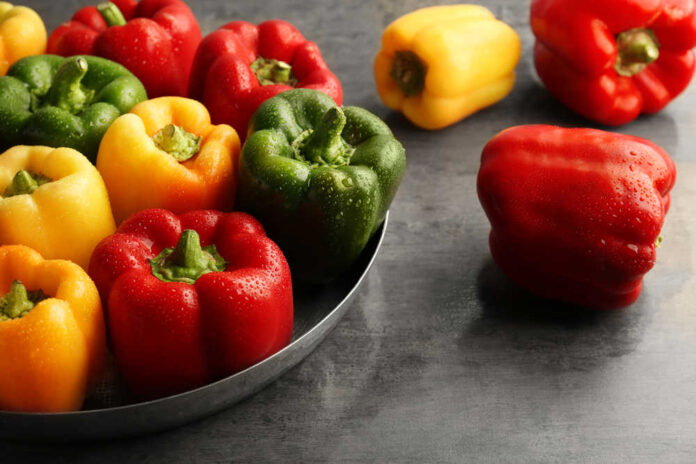
Taking care of your skin means more than just using the right lotions, sunscreens, and other topical treatments. You also need to nourish your skin from the inside out.
The foods you eat provide the building blocks for new skin cells. This also includes the essential fatty acids that help keep skin cell membranes strong and healthy and the vitamins and antioxidants that protect skin cells from damage.
If you have dry skin, you may not get enough of these nutrients in your diet.
Here are six nutrient-rich foods that can help your skin look, feel, and be its best.
Avocados
Avocados are rich in omega-3 fatty acids. These essential fats are a key component of a healthy skin barrier, which helps keep moisture in and irritants out.
Omega-3s are also anti-inflammatory, so they can help reduce any redness and swelling that may worsen dry skin.
Avocados are also an excellent source of vitamins C and E. These vitamins are antioxidants that help protect skin cells from metabolic damage.
Salmon
Salmon is another great way to get omega-3 fatty acids. In addition to helping keep your skin moisturized and healthy, these polyunsaturated fatty acids may also reduce the harmful effects associated with sun exposure, including skin cancer and wrinkles.
Salmon is also a good source of protein, which is essential for the growth and repair of all tissues, including your skin.
Sweet potatoes
Sweet potatoes are a rich source of beta-carotene, a nutrient your body converts into vitamin A. Vitamin A is essential for cell growth and repair, including the production of new skin cells. It is also another type of antioxidant that helps protect skin cells from damage.
Sweet potatoes are also a good source of fiber, which is vital for digestive health. A healthy digestive system is essential for the absorption of nutrients from food.
Sunflower seeds
Sunflower seeds are high in vitamin E, another type of antioxidant that helps protect the skin from free radical damage. Free radicals are unstable molecules that can damage cells and lead to premature aging of the skin. They are produced in response to environmental stressors like UV radiation, pollution, and cigarette smoke.
Sunflower seeds also provide oleic and linoleic acids. These two types of healthy fats contribute to the formation of elastin and collagen—proteins that give your skin strength and elasticity.
Bell Peppers
One bell pepper can provide 169% of the daily recommended intake for vitamin C.
Vitamin C is another helpful antioxidant that protects skin cells from damage. It is also an essential ingredient in producing collagen, a protein that gives your skin its structure.
Vitamin C and collagen both play an important role in healing wounds and restoring damaged skin.
Bell Peppers also provide carotenoids, a type of antioxidant that gives bell peppers their characteristic red, yellow, or orange color. Carotenoids can help protect your skin from damage caused by UV radiation.
Watermelon
Watermelon is also high in carotenoids. Any fruit or vegetable that is red, yellow, or orange likely contains carotenoids.
The main carotenoid in watermelon is lycopene, which has been directly linked to protection against oxidative stress, sun damage, and wrinkles.
Watermelon is also a good source of water and electrolytes. This hydration, combined with the vitamins and nutrients found in watermelon, makes it a great choice for keeping your skin protected and moisturized—especially on hot and sunny days.






















